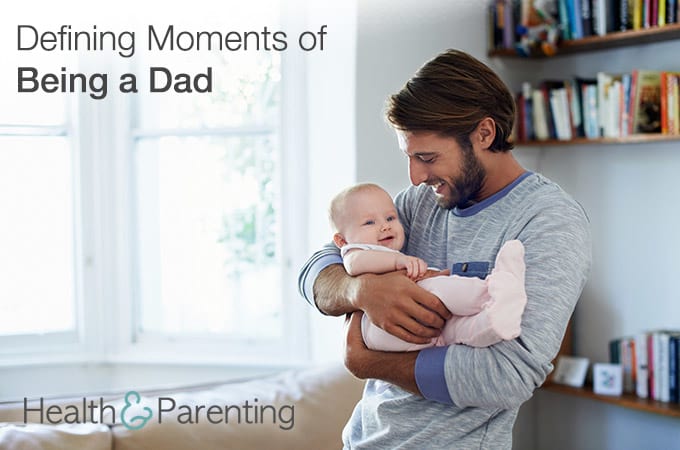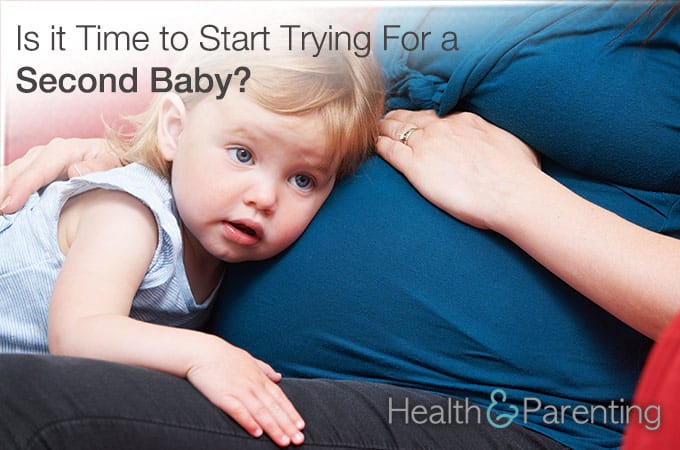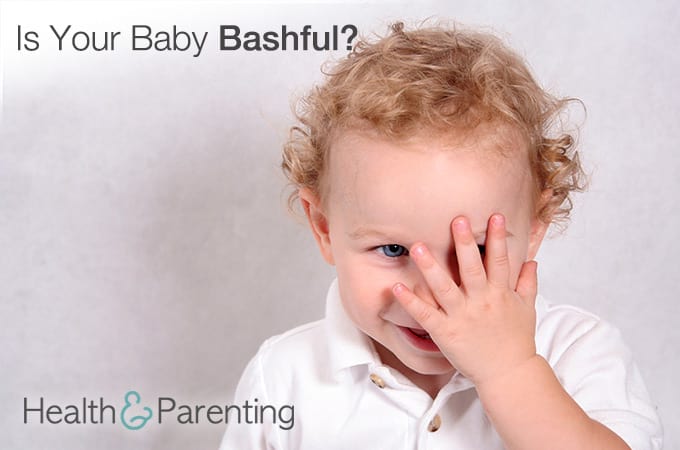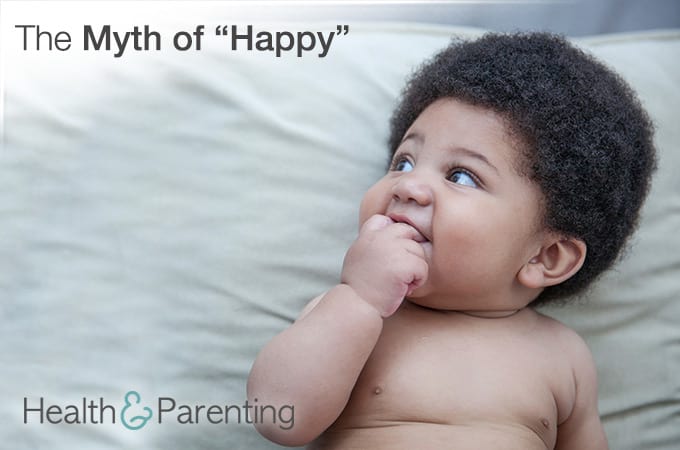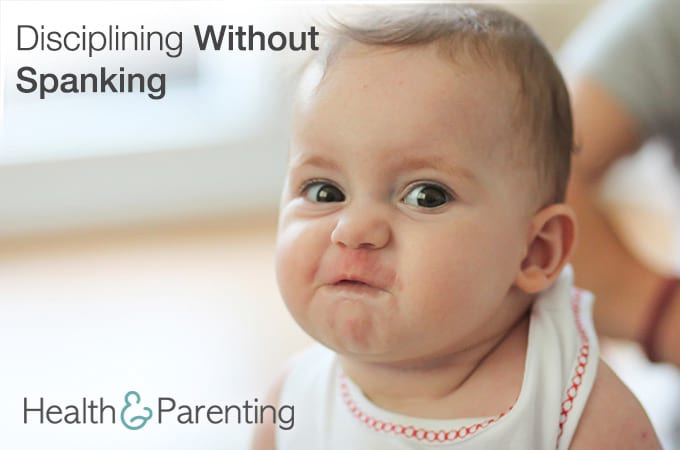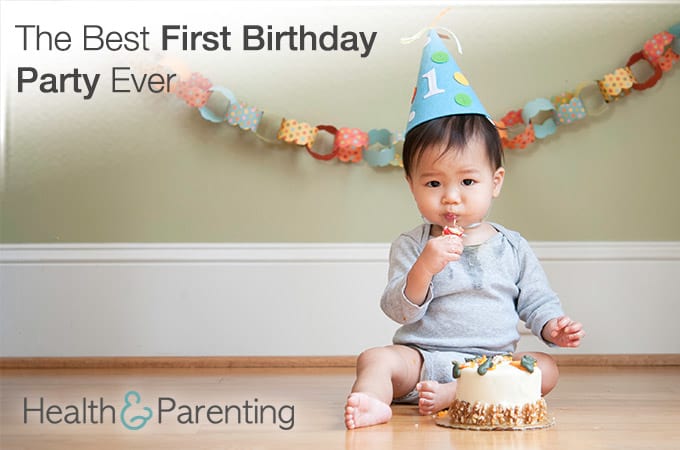Fatherhood may be something you always knew you wanted or a job that was not even on your radar. But now that you’re a dad, you know it’s a unique and wonderful experience that has its share of challenges. There may be days when you’re not sure if you’re doing it right. Fortunately, there are also days you realize you got this. Through it all, there are defining moments when you understand your life has changed forever, such as the following:
Realizing instead of carrying around guy stuff, you’re now packing wipes, binkies and diapers: Yep, that’s right. Although you still find a pocket for your cellphone and wallet, you also never leave home without an adequate supply of baby essentials.
Coming to terms with the fact that you are responsible for the well-being of another little person for at least the next 18 years: It might happen when you meet your little one for the first time or a bit later on down the road. But sooner or later it will hit you. You are now responsible for this little love who needs and depends on you. When it happens, it will be overwhelming and amazing at the same time.
Understanding it’s not all about you: Sure, you may still want to hang out with your buddies at times or sleep in on the weekend, but one defining moment of being a dad is realizing there are sacrifices to make, and you’re OK with that.
Feeling content right where you are: It’s Saturday night, and you’re at home hanging out with your little one lying on your chest. The best part is, there is no place you would rather be.
You discovered you have an opinion on pacifiers, formula and strollers: In your pre-baby life, you may not have known what a bottle warmer or onesie even was. But now you not only know what they are, you have an opinion on which baby gadgets are must-haves.
Knowing all the worries and sacrifices are worth it: Most new dads worry from time to time. It comes with the territory. No one may have prepared you for the challenges fatherhood brings. Let’s face it, being a dad is a hard job, which takes patience, sacrifices, time and commitment. But through it all, you know there is no other job in the world you would rather have, which makes you a pretty lucky guy!
Written by MaryAnn De Pietro @writerlady34
This information is not intended to replace the advice of a trained medical doctor. Health & Parenting Ltd disclaims any liability for the decisions you make based on this information, which is provided to you on a general information basis only and not as a substitute for personalized medical advice. All contents copyright © Health & Parenting Ltd 2016. All rights reserved.

